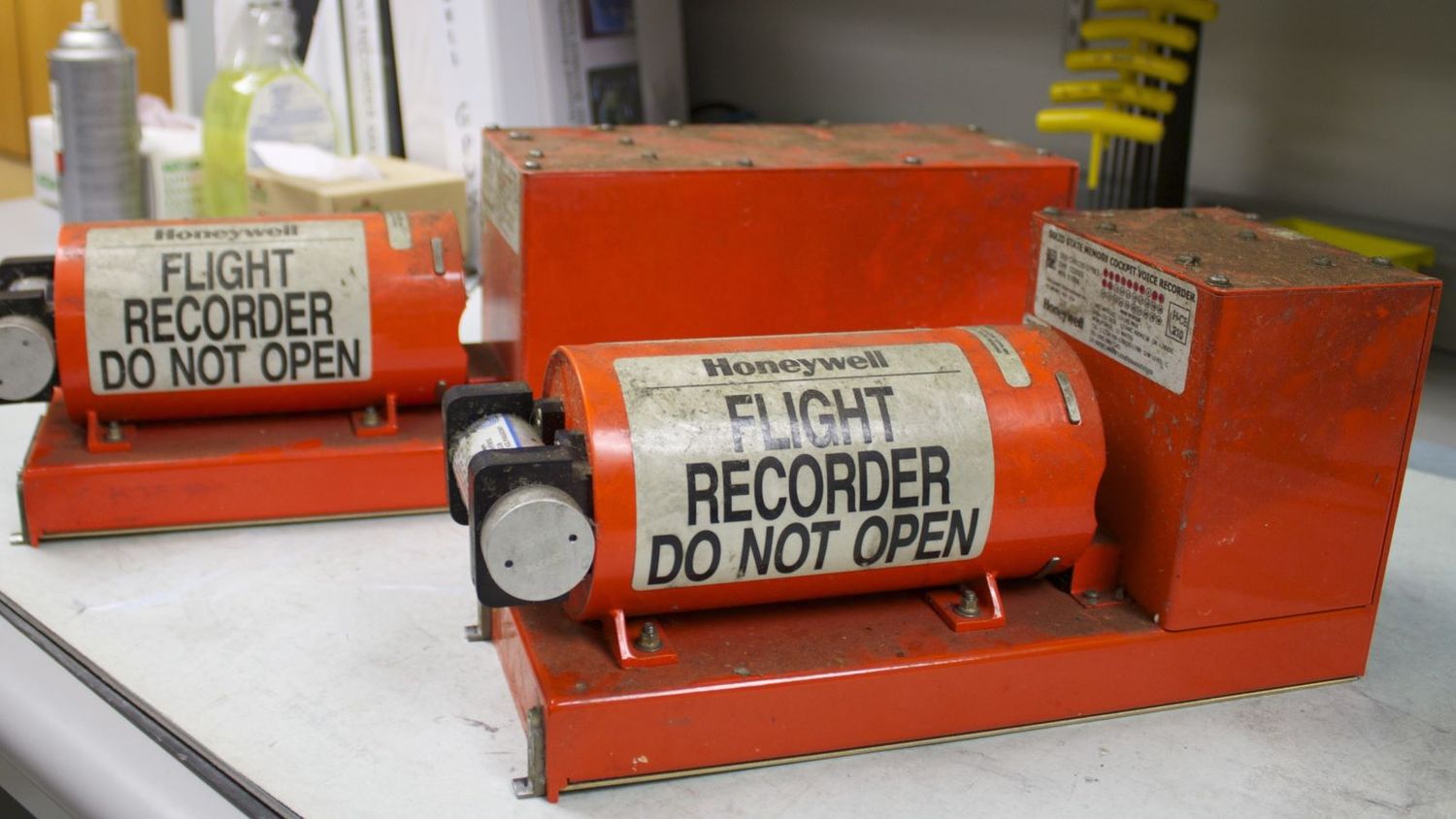NTSB Calls -Again- for Mandatory 25-Hour Cockpit Voice Recorders on All Aircraft
The National Transportation Safety Board (NTSB) has issued a strong recommendation to the Federal Aviation Administration (FAA) to mandate that all aircraft equipped with cockpit voice recorders (CVRs) and flight data recorders undergo retrofitting to extend CVR recording time from the current two hours to 25 hours.
This push comes in light of recent investigations, including a January 5 Alaska Airlines incident, where critical audio data was lost because it was overwritten due to the limited storage capacity of current CVRs.
The NTSB’s renewed call for action highlights a significant safety gap in the FAA’s recent proposal, which aligns with international standards for newly manufactured airplanes but neglects the vast existing fleet. According to NTSB Chair Jennifer Homendy, the lack of comprehensive CVR audio significantly hampers the agency’s ability to fully understand and respond to in-flight emergencies, citing the Alaska Airlines door plug blowout as a prime example where investigators were left without crucial information.
Alaska Airlines grounds Boeing 737-9 MAX fleet due to failure of a factory-overridden door
The NTSB’s letter to the FAA includes a table listing 14 aviation investigations since 2018 adversely affected by the loss of CVR data, underscoring the importance of extended recording times. Notably, early 2023 witnessed seven serious runway incursions with overwritten CVR data, emphasizing the urgency for updated regulations.
Historically, the NTSB has been a proponent of enhanced CVR capabilities following close calls and accidents that have underscored the limitations of a two-hour recording window. A near-miss at San Francisco International Airport in 2018 involving several passenger jets was a key moment that led to initial recommendations for 25-hour CVRs, aiming to capture a full day’s audio to better analyze pre-accident conditions and crew actions.
Contrary to the FAA’s stance on retrofitting costs, the NTSB argues that the financial implications are overstated and manageable, affecting approximately 13,500 aircraft—significantly less than the FAA’s estimate of 29,561. The discrepancy highlights a potential overestimation of the economic burden versus the safety benefits such a mandate would ensure.
CVRs serve as critical tools in aviation safety, offering insights into crew communications, procedural adherence, and cockpit environment leading up to incidents. The NTSB’s push for 25-hour CVRs aims to enhance the thoroughness of accident investigations and the precision of safety recommendations, ultimately improving aviation safety standards and preventing future accidents.


Comentarios
Para comentar, debés estar registrado
Por favor, iniciá sesión